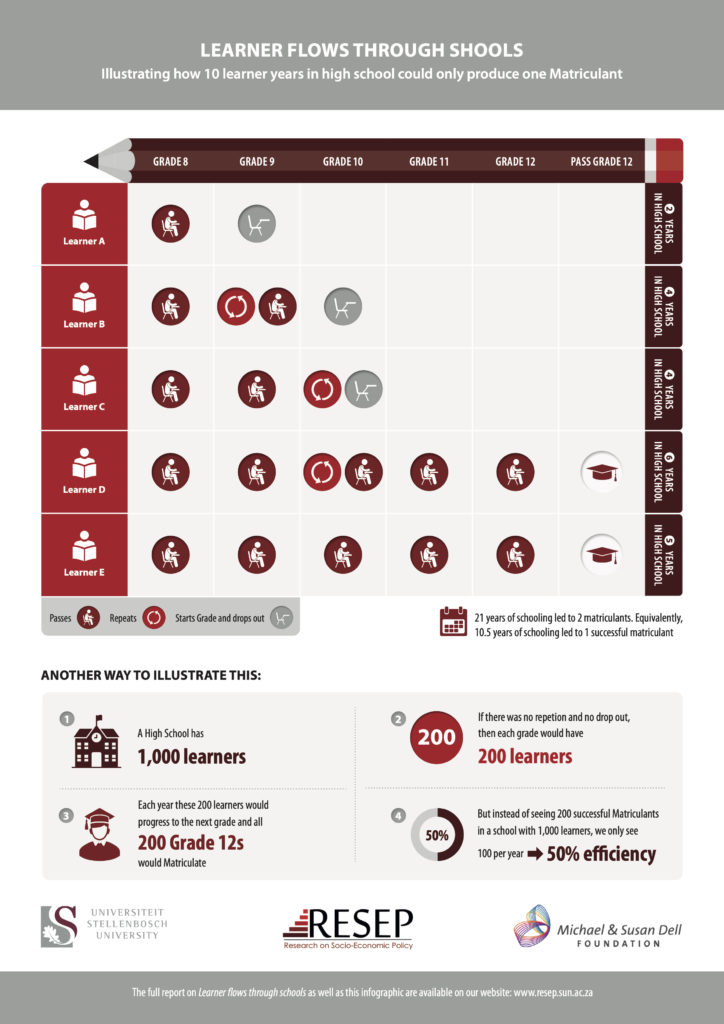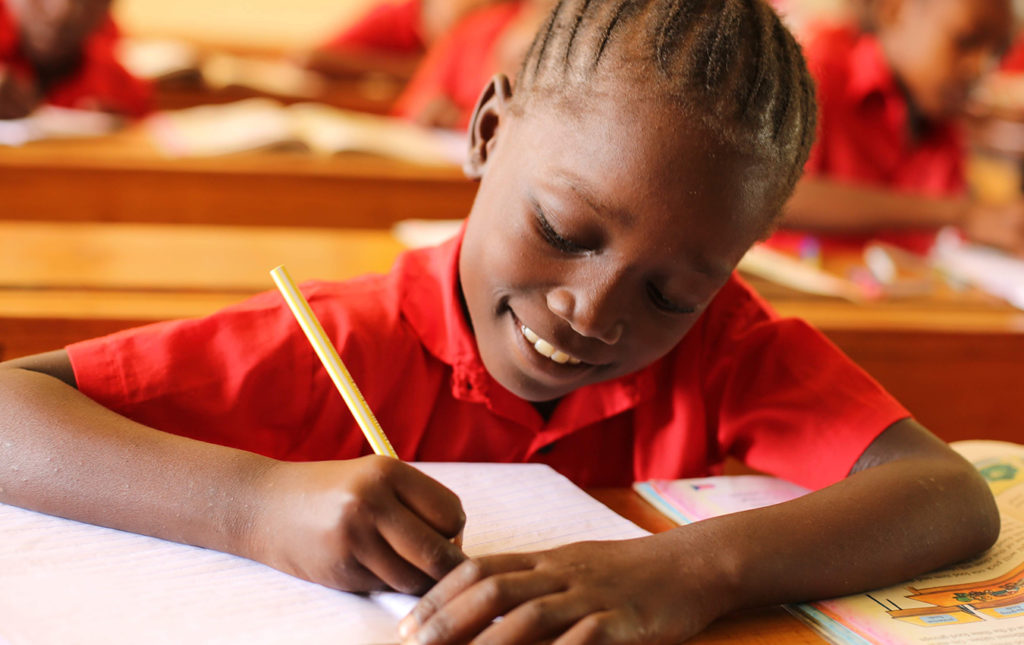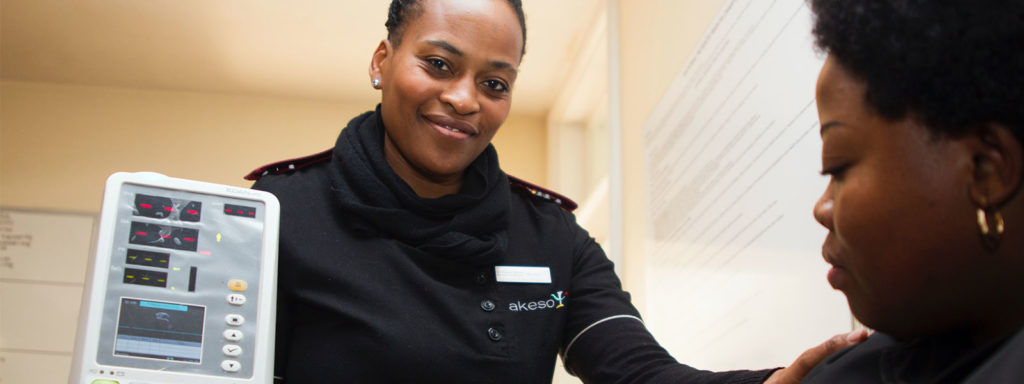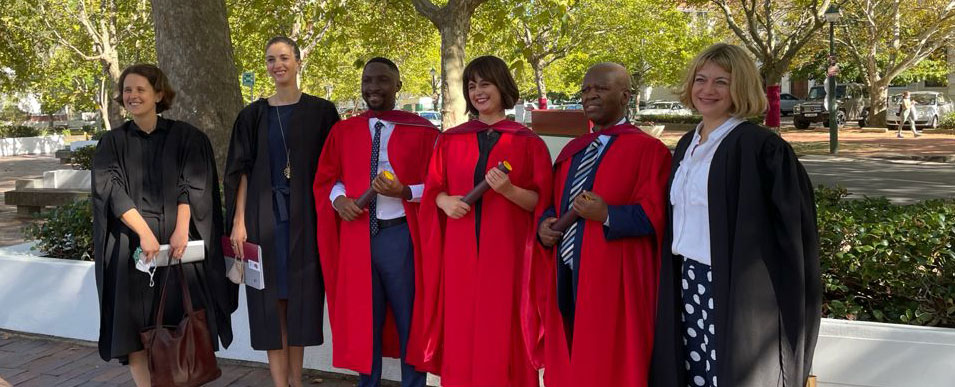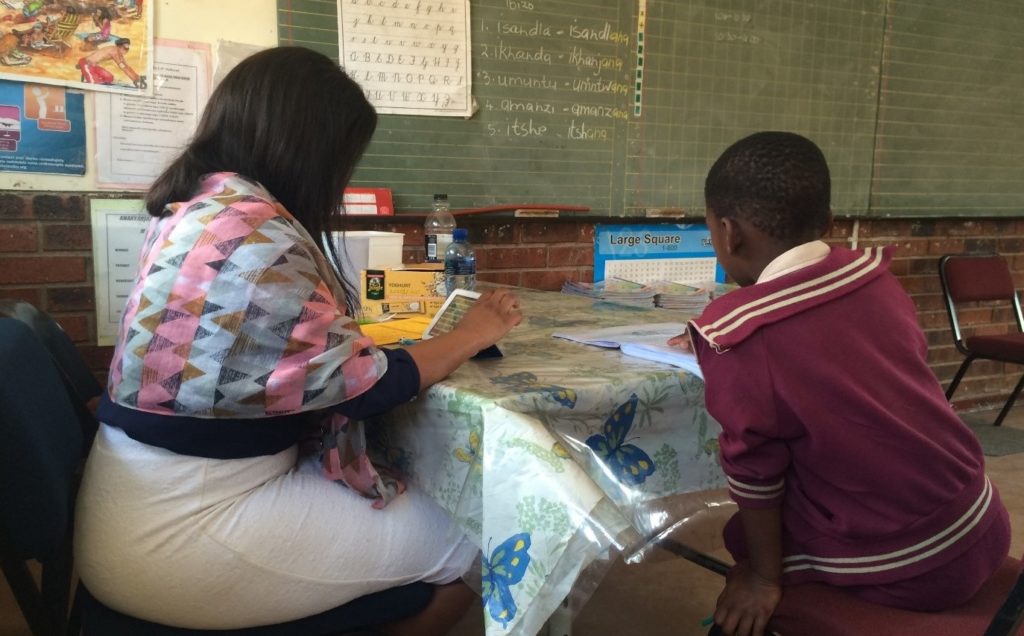Repetition is a serious problem in South Africa, and the Western Cape is no exception. In any given year between 2007 and 2019, repetition has ranged between 72,000 and 100,000, with notable enrolment bulges in grades 1, 4, 9 and 10. An important consequence of repetition—when not cancelled by dropout—is an increase in the proportion of children who are older than what would be considered appropriate for a particular grade. For example, at least a third of grade 12 learners in 2019 were overage.
June 28, 2021 By: RESEP Team PDF


